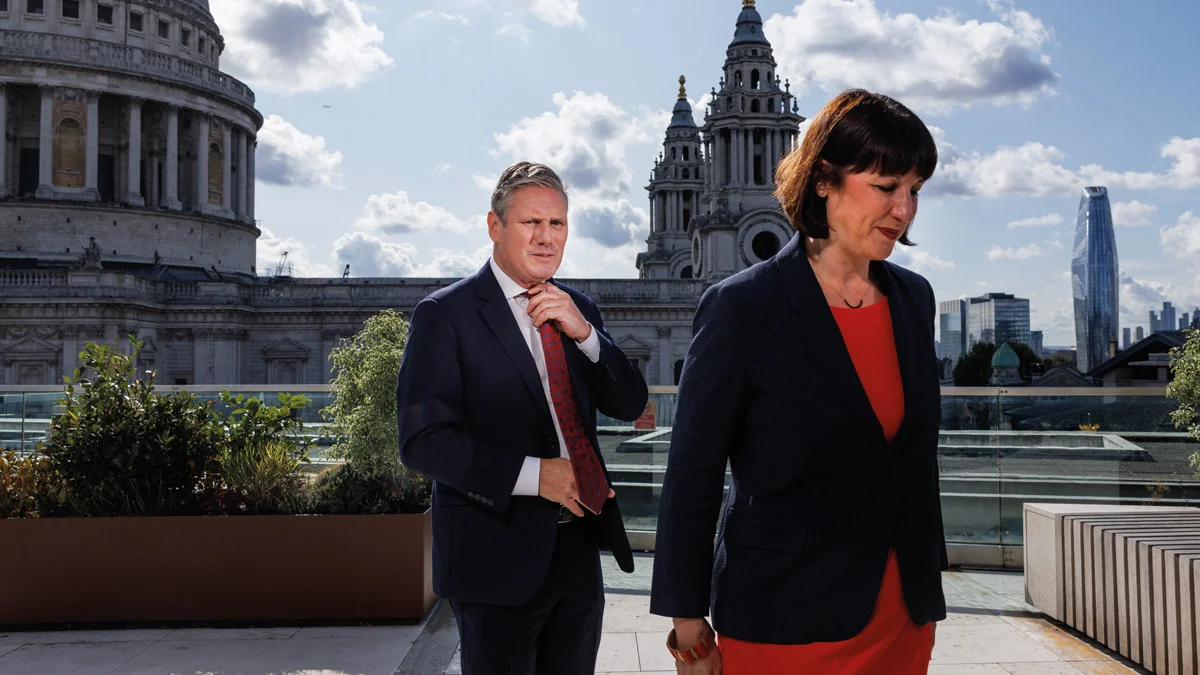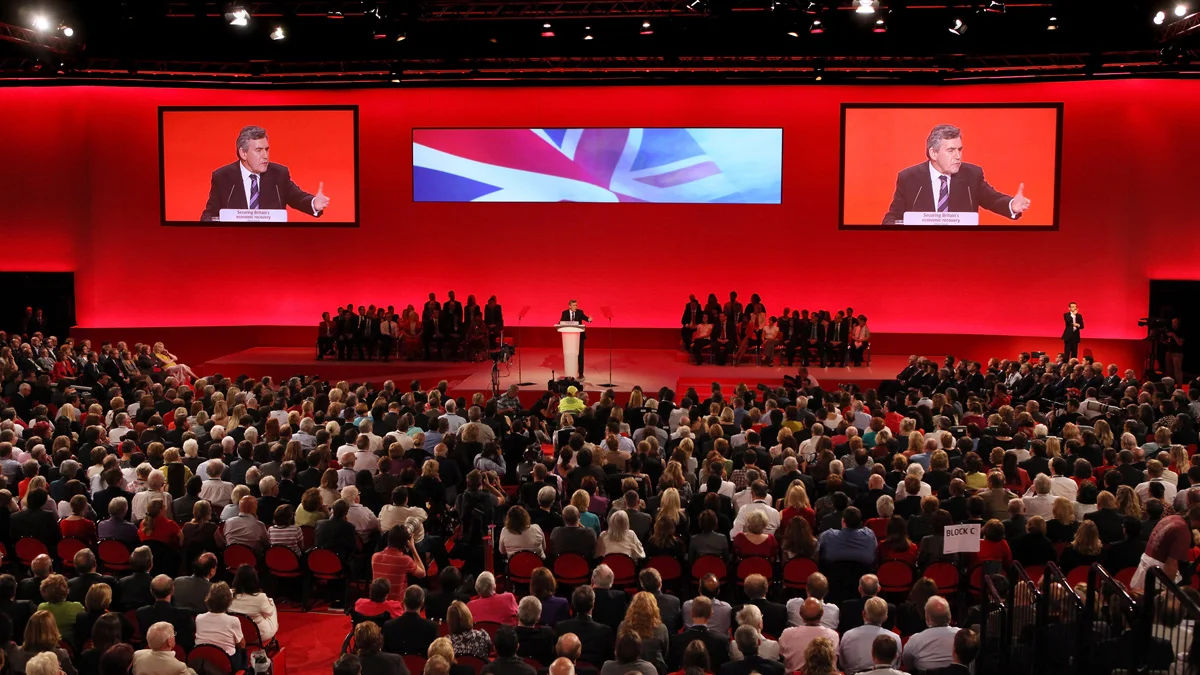
In Downing Street, preparations are well underway for what will be a turbulent autumn as Sir Keir Starmer readies himself for three set-piece events for the new government. Matters will come thick and fast. Already, Labour has unveiled the biggest overhaul of workers’ rights for a generation as it introduces an array of new protections with far-reaching implications for many businesses.
Ministers will then head to the party conference in Liverpool, which will be thrumming with more business leaders than the party has seen in decades. As is always the case in politics, money tends to follow in the wake of power, especially given that Starmer is wielding a 167-seat majority.
Autumn will culminate with the Budget on October 30, which the chancellor Rachel Reeves hopes will frame the economic and political narrative for years to come. Tax rises, spending cuts and welfare reform are all on the table in what could prove to be an explosive fiscal event.
Starmer’s view is that there is little time to waste, especially given that the start of his premiership has been severely disrupted by the election being held so close to summer recess. Labour had barely taken the reins of power when MPs left, while widespread riots across the UK further disrupted Starmer’s early plans in office.
With MPs having returned on September 2, Labour’s workers’ rights package – known as the new deal for working people – is top of the agenda. Its potential scale and reach are huge: a right to disconnect for employees, a ban on exploitative zero hours contracts, protection against unfair dismissal from day one, a ban on fire-and-rehire... the list goes on.
When the package was first announced it was met with significant concern from employers, who feared both the regulatory burden and increased cost. Labour has since gone out of its way to reassure businesses and watered down several of the key measures, but the concerns and questions remain.
Take the right to disconnect. The government will legislate to require companies to produce a code of conduct giving staff the right not to work outside their normal hours. The code itself is not expected to be legally binding, but employment lawyers have already pointed out that it could lead to a rise in disputes.
Could sending an email after 6pm result in claims of unfair treatment? How should companies judge “routine” working hours? Will all businesses, large and small, have to keep a record of the exact working hours of employees so they can define what their routine working patterns are?
Labour is emphasising that it is not an unmitigated right and that flexibilities will be built in, but the devil will be in the detail. The day-one rights for employees also have the potential to be contentious. Labour will scrap the current “two-year rule” that stops people from claiming unfair dismissal during the first two years of their employment.
Employees will also be entitled to sick leave and parental leave from day one, after they have passed probation. Labour says the reforms are “fundamental” to its push for economic growth. Giving workers greater job security will ultimately encourage people to switch jobs, which in turn will boost productivity. However, employers fear that they will be on the receiving end of a wave of litigation.

The annual conference will be a moment of celebration. “It’s about the party coming together and marking the fact we had a successful general election for the first time in 14 years,” one senior Labour figure said. It is likely to be light on new policy and instead, focus on trashing the Tories’ legacy and hammering home the party’s message that it wants to go for growth.
The centrepiece this autumn will be Reeves’ inaugural Budget, which is going under the working title of “a Budget to fix the foundations”. Labour is now saying publicly what it has been saying in private for some time: that there will be tax rises above and beyond those set out in the manifesto.
Reeves has done her best to set the stage, claiming that the Tories have left a £22bn black hole in the public finances she needs to fill. It is a claim that is highly contentious. At least half of that black hole stems from her decision to increase public sector pay by between 5 and 6 per cent. But it provides the political justification she needs. Capital gains tax, pensions tax relief and inheritance tax are all on the table as Reeves looks for ways to balance the books.
She is also considering a change in Labour’s fiscal rules that at least in the short term could free up £16bn. Reeves has said that there will be “difficult” decisions on welfare, public spending and tax. Even with such a big majority, there is likely to be a backlash.
Given that a significant body of MPs is already pushing for Labour to end the two-child benefit cap, more cuts could end in a full-on revolt. In a bid to balance the books, Reeves and her team are in talks with the Office for Budget Responsibility, the fiscal watchdog, about whether supply-side reforms, such as planning, can be included in official forecasts.
The more the government can increase the fiscal headroom, then the easier the Budget will be. As ever, politics is a brutal business. The Tory leadership contest will conclude on November 2. But almost as soon as the new leader is announced, he or she will be eclipsed by another, far more significant political event: the US election on November 5. The journey from power to relative irrelevance can be remarkably swift.
Steven Swinford is the political editor of The Times.
Related and recommended
Contestants from The Apprentice reveal the fundamental business lessons they learned from taking part in the TV show
From global talent pools to AI-powered documentation, a work-from-anywhere model is a new way of thinking about productivity, innovation and teamwork
The story of how cycling brought Business Leader member John Readman together with his co-founder and investors
Stuart Machin’s hands-on leadership has revived M&S, tripling its share price and reshaping its future, by obsessing over the details, from shop floors to staff message boards





